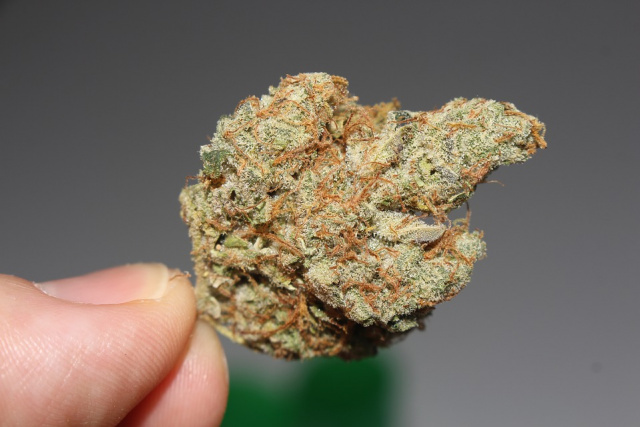The more the legal marijuana industry grows, the greater the demand for organic growing methods. Growing cannabis can have a significant impact on the environment, from energy consumption to water use to waste production. In this article, we will discuss sustainable methods of growing marijuana and the importance of balancing profits with the environment.
Energy Efficiency
Marijuana cultivation requires a significant amount of energy, primarily for lighting and climate control. To reduce energy use, growers can buy an energy-efficient lighting system. Such as LED lights, and use natural light when possible. Additionally, using smart climate control systems and optimizing ventilation can help reduce energy usage.
Water Conservation
Water usage is another significant environmental impact of marijuana cultivation. To reduce water consumption, cultivators can implement water-saving practices, such as using drip irrigation systems and rainwater harvesting. It’s also important to monitor water usage and ensure that plants are not overwatered, which can lead to waste and environmental damage.
Soil Health
Healthy soil is essential for sustainable cannabis cultivation. Instead of using synthetic fertilizers and pesticides, cultivators can use organic and natural alternatives. Additionally, implementing soil regeneration practices, such as cover cropping and crop rotation, can help maintain soil health and reduce the need for fertilizers.
Waste Management
Marijuana cultivation can generate a significant amount of waste, including plant material, packaging, and other byproducts. To reduce waste, cultivators can implement recycling and composting programs and use sustainable packaging materials. Additionally, partnering with waste management companies that specialize in cannabis waste can help ensure that waste is disposed of in an environmentally responsible way.
Biodiversity and Habitat Conservation
Cultivators can also take steps to promote biodiversity and habitat conservation in their operations. This might include planting cover crops, creating habitats for beneficial insects and other wildlife, and minimizing the use of pesticides that can harm non-target species.
Balancing Profit and the Environment
Even though sustainable farming techniques may require additional investment and effort, they can ultimately result in cost savings, increased efficiency and positive environmental impact. Nevertheless, it is important for cultivators to strike a balance between profitability and sustainability. To ensure profitable production, cultivators must carefully examine the costs and benefits of sustainable practices and develop strategies to maximize efficiency while minimizing environmental impact.
In addition to economic considerations, sustainable marijuana cultivation practices are also critical to meeting the growing demand for environmentally responsible products. As consumers become increasingly aware of the environmental impact of their purchases, sustainable growing practices can be an important marketing tool for cannabis businesses.
Conclusion
Sustainable practices in marijuana cultivation are essential for reducing environmental impact and meeting the growing demand for environmentally responsible products. Energy Efficiency, Water Conservation, Soil Health, Waste Management, Biodiversity and Habitat Conservation – all of these are important considerations for sustainable cannabis cultivation. To balance profit and the environment, cultivators must carefully consider the costs and benefits of sustainable practices and develop strategies for maximizing efficiency while minimizing environmental impact. Growing marijuana is an interesting and challenging process, there’s no arguing with that. But you can make a lot of products that look like delta 8 sour candy. It’s quite fascinating. By implementing sustainable practices, cultivators can build successful and environmentally responsible marijuana businesses.








